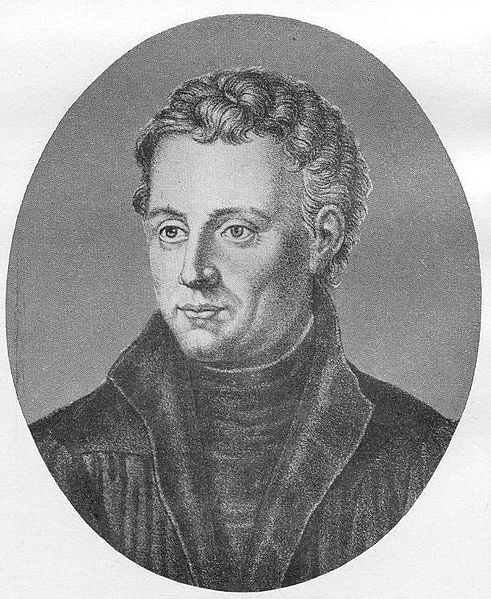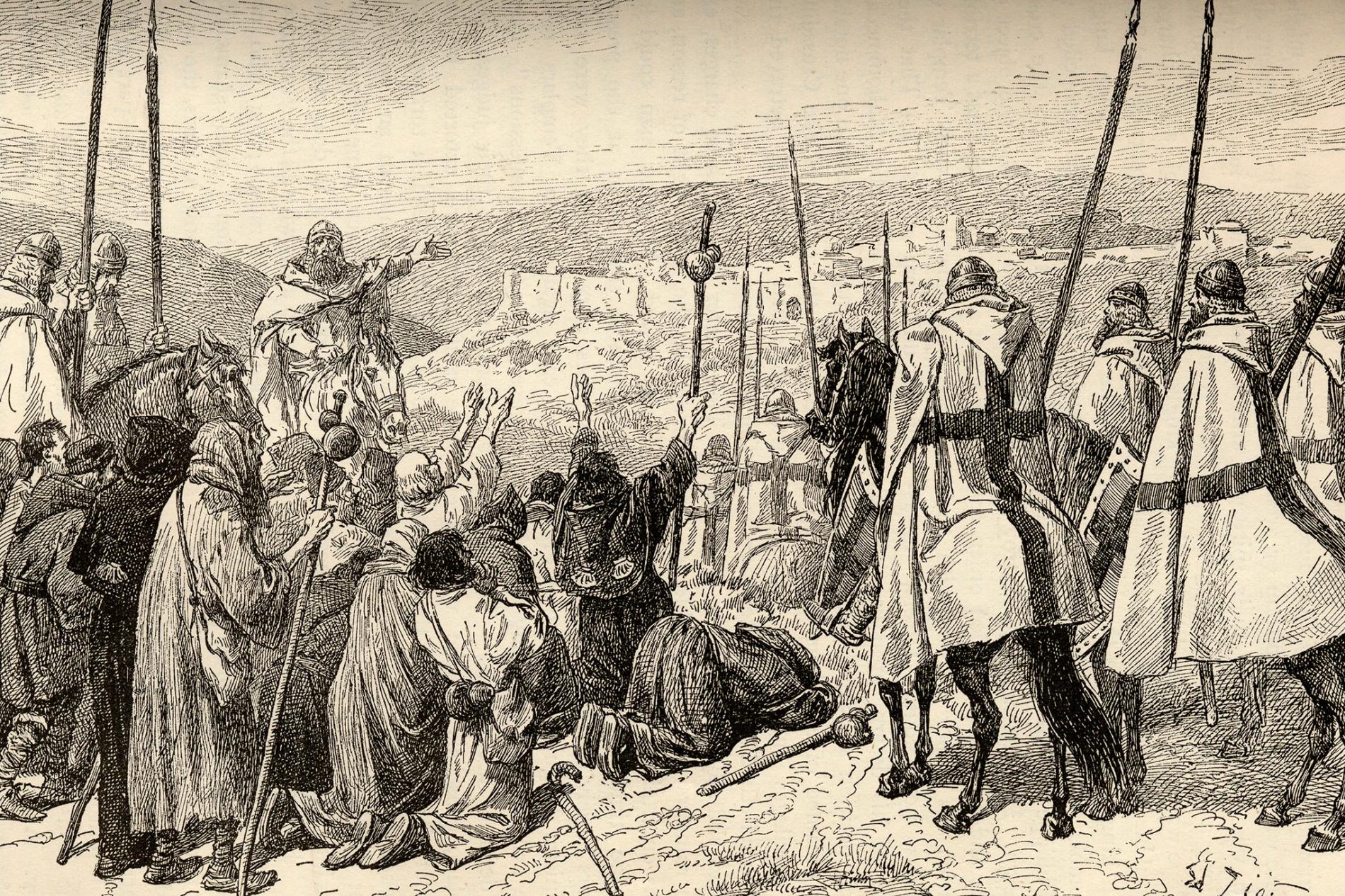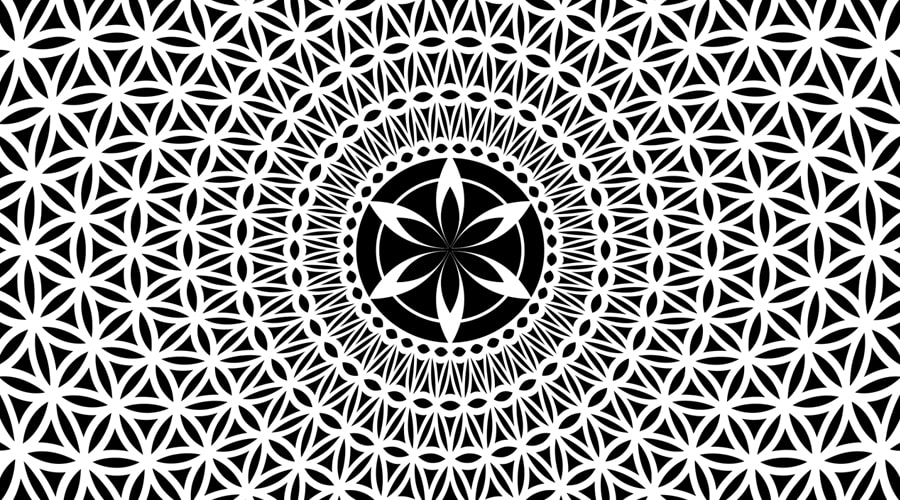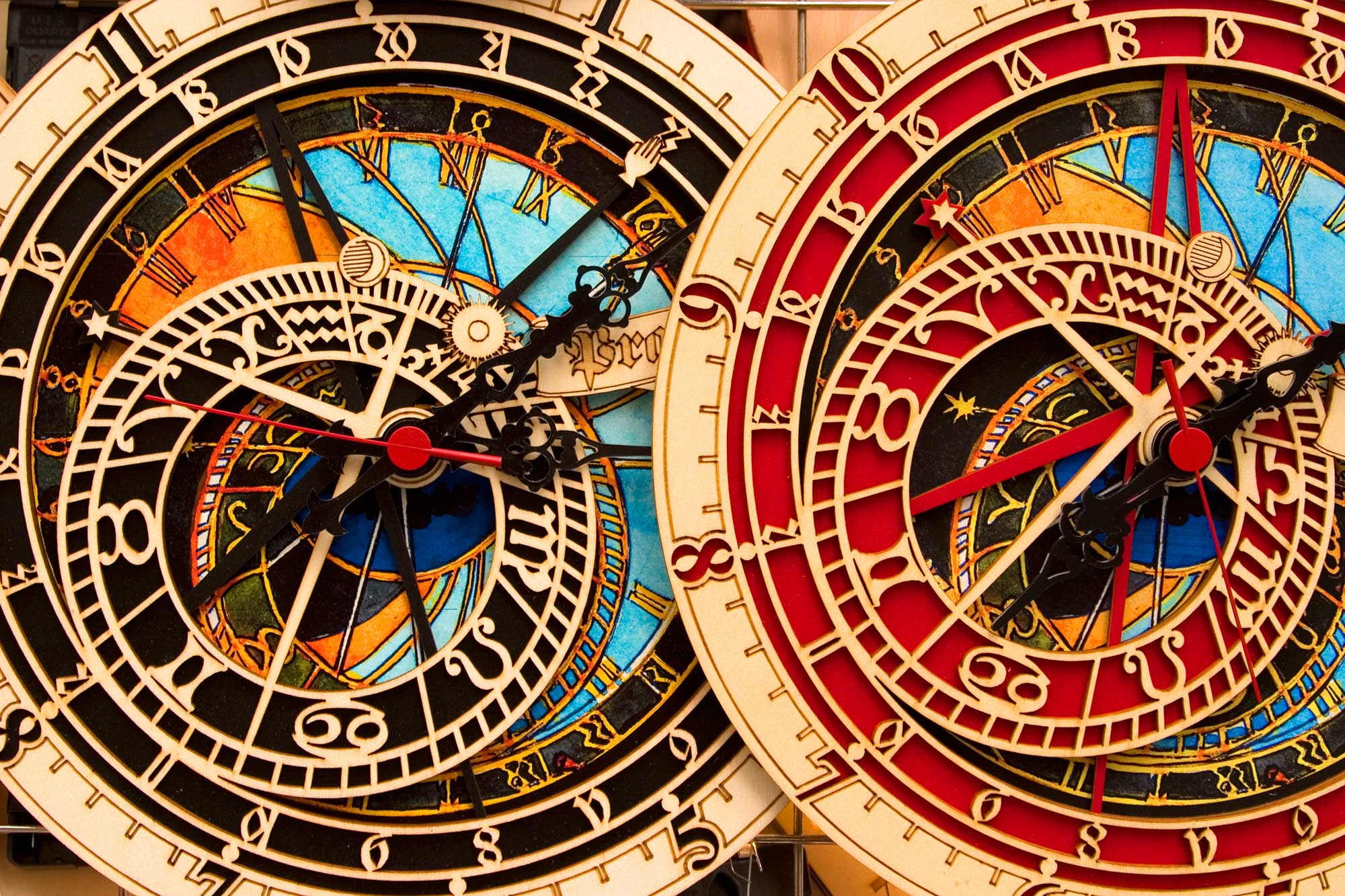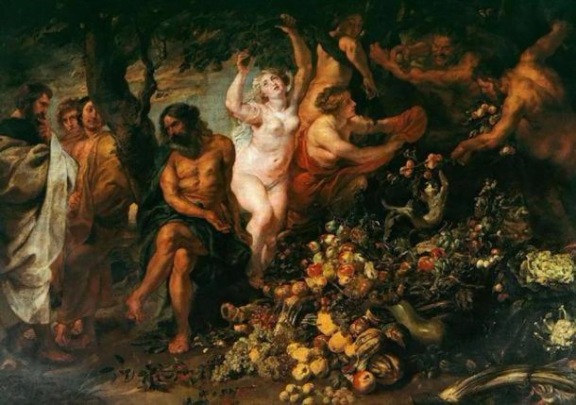DE VERBO MIRIFICO: JOHANNES REUCHLIN AND THE ROYAL ARCH
The point about the RA which I want to discuss involves manipulation of the Divine Name in its Hebrew form, and although it may seem as though I am not talking about Freemasonry at all, I think you will find that, as 1 proceed, your attention will be seized by the similarities between what 1 am writing about and the intentions of those who compiled the RA ritual. In addition, I hope what 1 say will illustrate my contention about the rise speculative Freemasonry and the RA.
